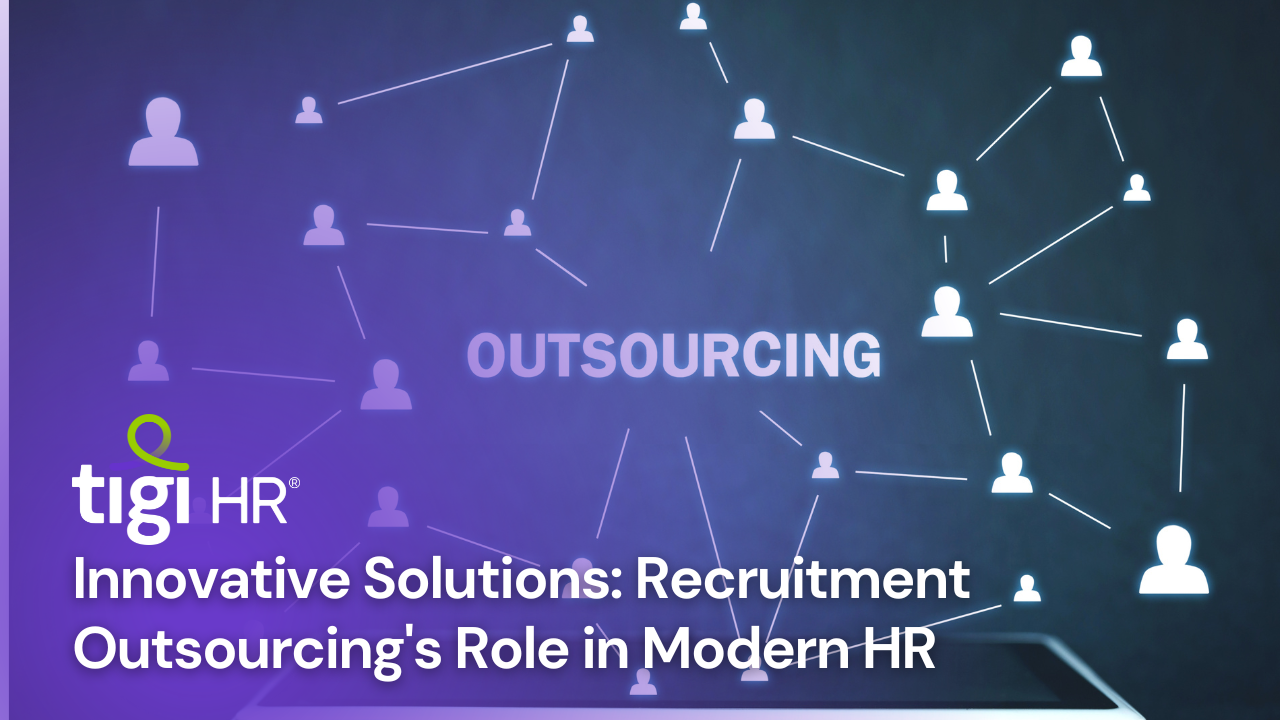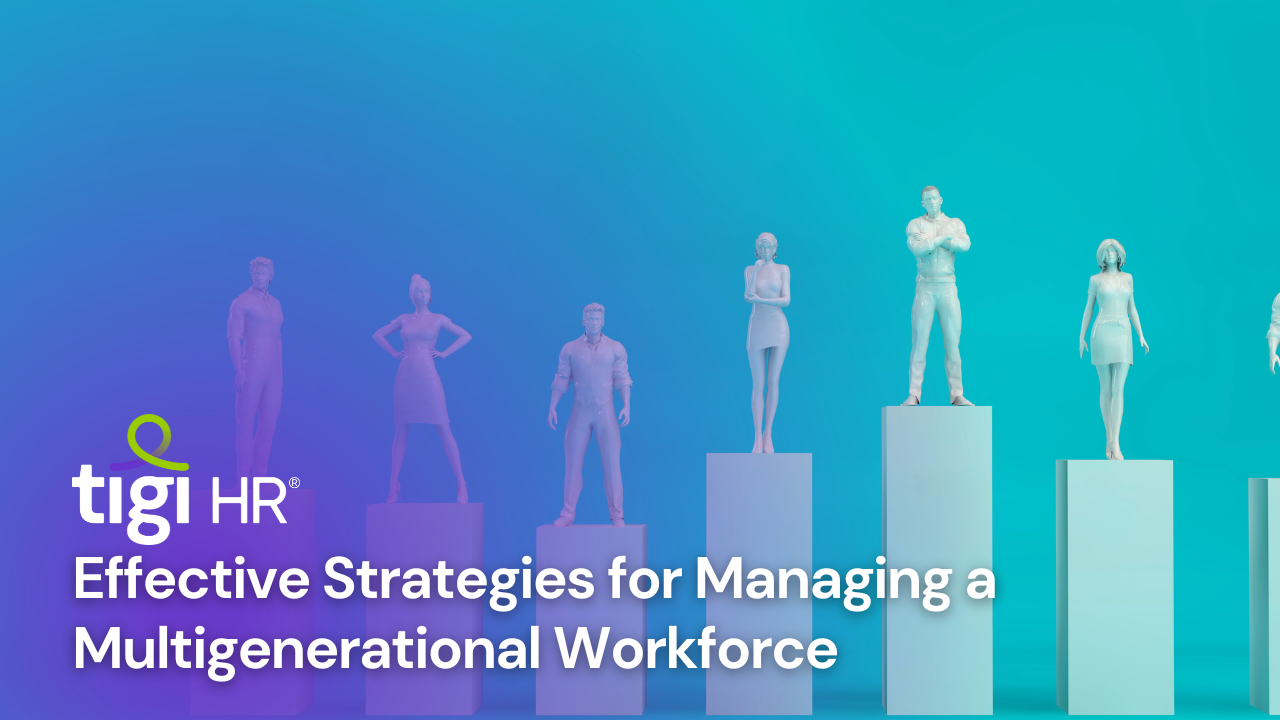In the modern corporate landscape, the Human Resources (HR) manager stands at the nexus, bridging the gap between organizational policies and the diverse needs of its people. This excerpt delves into the multifaceted responsibilities and critical skills an HR manager employs to harmonize human dynamics with policy frameworks, propelling organizational success.
### Essential Responsibilities and Skills of an HR Manager
#### 1. **Strategic Planning and Alignment**
At the core of an HR manager’s role lies strategic planning—aligning HR strategies with the broader organizational goals. This entails analyzing workforce trends, forecasting needs, and developing strategies for talent optimization. Notably, 71% of HR professionals deem strategic planning critical for organizational success, according to SHRM.
#### 2. **Effective Communication and Interpersonal Skills**
Strong communication forms the bedrock of an HR manager’s success. Engaging with employees and fostering collaboration across departments necessitate robust communication skills. Research by the International Association of Business Communicators emphasizes the pivotal role communication plays in an HR manager’s career progression.
#### 3. **Talent Acquisition and Management**
Acquiring and retaining top talent is pivotal. Crafting enticing job descriptions, conducting interviews, and devising seamless onboarding strategies are integral components. The financial repercussions of a bad hire, amounting to 30% of an employee’s annual salary, highlight the significance of effective talent management.
#### 4. **Employee Relations and Engagement**
Creating a conducive work environment and nurturing employee engagement are vital responsibilities. Addressing grievances and promoting work-life balance are key facets. Gallup’s findings showcase that engaged employees contribute significantly to a company’s success, being 17% more productive.
#### 5. **Policy Adherence and Compliance Management**
Navigating a complex maze of regulations and internal policies is intrinsic to an HR manager’s role. Upholding compliance in hiring practices and workplace safety is critical. Studies by Ernst & Young reveal that HR professionals spend nearly 39% of their time on administrative tasks, including compliance-related activities.
#### 6. **Training and Development Initiatives**
Investing in employee development fuels organizational growth. HR managers lead initiatives aimed at enhancing employees’ skills and fostering a culture of continuous learning. Research by LinkedIn underlines that career development investments lead to increased employee retention.
#### 7. **Performance Management and Feedback**
Guiding employee performance is pivotal for productivity. HR managers oversee appraisals and set goals aligned with company objectives. Deloitte’s research highlights that revisiting performance management processes leads to significant performance advantages.
#### 8. **Conflict Resolution and Mediation**
Resolving disputes and maintaining a harmonious work environment is integral. HR managers mediate conflicts while upholding company policies.
#### 9. **Continuous Adaptation and Learning**
The HR landscape evolves rapidly. HR managers stay updated with industry trends, acquire certifications, and network within the HR community to stay abreast of developments.
### Balancing Act: Policies and People-Centric Approaches
An HR manager’s role is a delicate equilibrium between policies and people-centric approaches. They safeguard the company culture while ensuring policies align with employees’ needs.
By championing engagement initiatives, fostering positive work cultures, ensuring policy adherence, and investing in talent, HR managers shape an environment conducive to growth, productivity, and organizational triumph.
### Conclusion
The HR manager’s role encapsulates a dynamic blend of policy management and people-oriented skills. Their ability to navigate human dynamics within policy frameworks steers organizations towards a harmonious, engaged, and successful workforce—a testament to their indispensable role in today’s business landscape.











